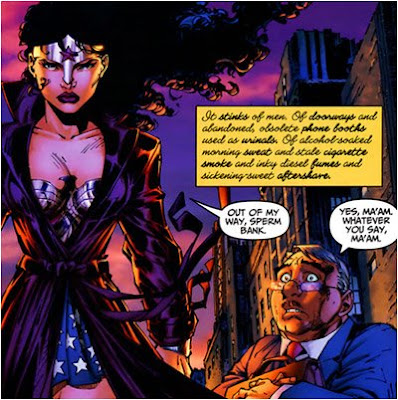Mindfire
 Istar
Istar
Do superheroes count as fantasy? If so, I've always like Barbara Gordon. Wonder Woman is cool too, although depending on the writer she can get... abrasive.

yeah... But then again, it was Frank Miller.
I don't really count superheroes, so I'd say:
-Eowyn (LOTR)
-Amara (Codex Alera)
-Maggie Folchart (Inkworld Trilogy)
-Maurynna Kyrissaean (The Last Dragonlord, Dragon and Phoenix)
-Mulan (has a dragon. totally counts.)

yeah... But then again, it was Frank Miller.
I don't really count superheroes, so I'd say:
-Eowyn (LOTR)
-Amara (Codex Alera)
-Maggie Folchart (Inkworld Trilogy)
-Maurynna Kyrissaean (The Last Dragonlord, Dragon and Phoenix)
-Mulan (has a dragon. totally counts.)
Last edited:


 Scribe
Scribe